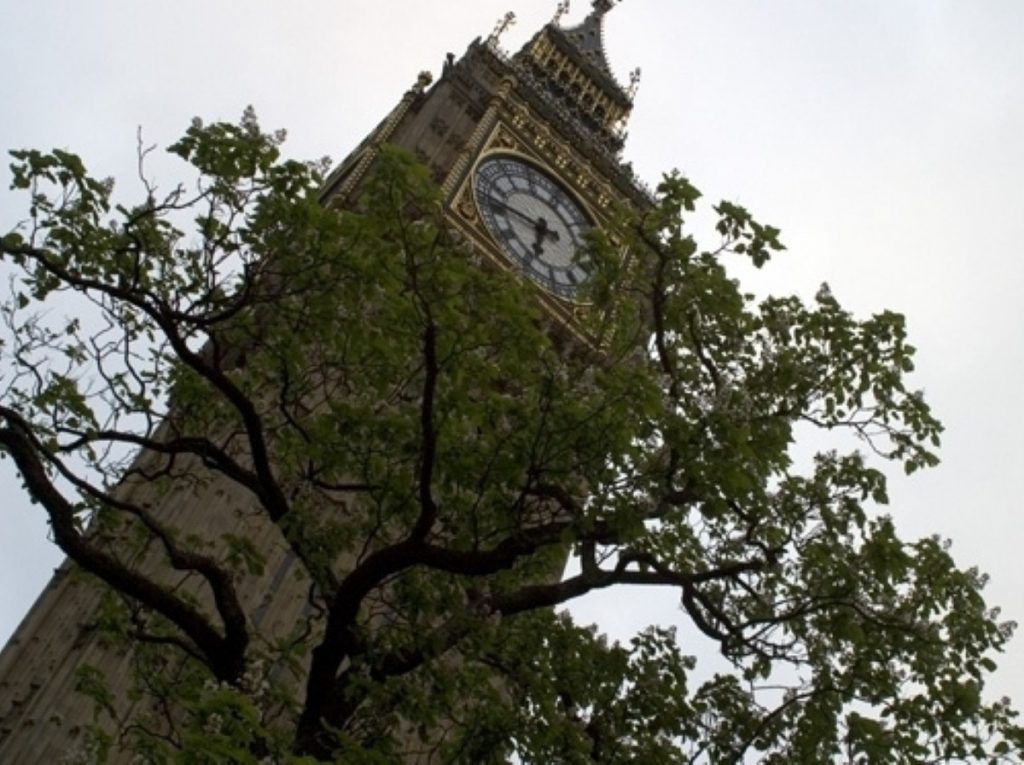Dramatic scenes in Westminster as MP suspended from Commons
There were explosive scenes in the Commons today as left-wing Labour MP Paul Flynn was suspended for calling the defence secretary a liar.
The extraordinary development came after Philip Hammond was dragged back to the Commons for the second time in two days to answer an urgent question on Afghan strategy.
"Other countries have removed their soldiers from this dangerous area where they are not doing what we’re doing, which is arming and training our future enemy," Flynn said.
"Isn’t this very similar to the end of the first world war when it was said that politicians lied and soldiers died and the reality was, as it is now, that our brave soldier lions are being led by ministerial donkeys."


Speaker John Bercow stepped in to ask the MP if he was suggesting Hammond had lied. Flynn said he was and refused to retract the statement.
MPs are not allowed to accuse each other of lying in the chamber.
Flynn then told the Speaker he was prepared to face the consequences.
Tom Brake, deputy Commons leader, moved a motion calling for Flynn's suspension, to which no MP objected. Flynn then left the Chamber.
Hammond said his comment was "scandalous".
The outburst came as the defence secretary faced huge anger from Labour MPs.
"I have never seen a defence secretary more humiliated," Dennis MacShane said.
"It's time for this government to get a grip."
It emerged last night that Nato was suspending joint Nato-Afghan on-the-ground patrols due to the rise in so-called 'green on blue' attacks by Afghan forces on western troops.
The confirmation came just hours after the defence secretary singularly failed to mention any such change in the Commons.
Hammond said the order was a tactical matter for commanders and there was no "practical impact on operations".
He said he became aware of the change in a routine meeting yesterday after he spoke in the Commons.
Tory MP John Baron, who asked Hammond the urgent question, interrogated foreign secretary William Hague about the changes during a committee hearing earlier today.
"It does not mean that the way UK troops conduct their operations with embedded Afghan units, with partnered Afghan units, is going to change," Hague insisted.
"It does require the chain of command to be consulted in a different way."
Yesterday evening, US and Nato commander General John Allen left Afghan strategy in disarray after he suspended joint patrols between his forces and those under Afghan command. The move suggested western leaders had given up on the idea of training up Afghan forces to replace them in time for the planned withdrawal.
The change in strategy comes amid 51 Nato casualties this year as a result of attacks from serving Afghan soldiers or police.

